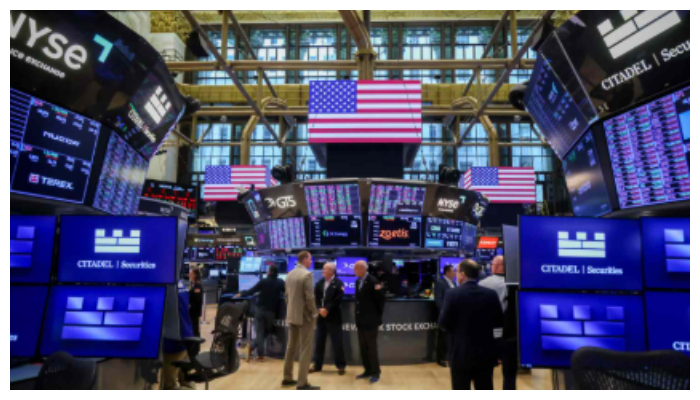Probably the most prominent cyberattacks on the U.S. as of late are asserted to have begun in Russia, remembering the 2021 assault for the Colonial Pipeline — the biggest fuel pipeline in the U.S. — the SolarWinds assault in 2020, and the 2016 hacking into the Democratic National Committee.
Since Russia attacked Ukraine in January of this current year, the U.S. government has cautioned of a raised gamble of a digital assault, which Russia could use to attempt to draw the U.S. into an immediate clash.
In spite of the expanded danger, entrepreneurs are not any more worried about a potential digital assault — and not any more ready to manage one would it be a good idea for it happen — than they were a year prior.
The CNBC|SurveyMonkey Small Business Survey checks in with in excess of 2,000 entrepreneurs each quarter to comprehend their attitude toward the general business climate alongside their own business’ wellbeing. In the most recent overview, only 5% of entrepreneurs revealed network protection to be the greatest gamble to their business at the present time.
Quarter over quarter, the number saying network protection is their top gamble has held consistent and is the most minimal need out of the five reviewed. In similar time span, the quantity of entrepreneurs who say expansion is the greatest gamble to their business has expanded from 31% to 38%, holding the best position regarding risk.
The numbers revealing inventory network disturbances and Covid-19 as the greatest gamble have both declined.
This most recent round of the Small Business Survey is quick to field after the Russian intrusion into Ukraine, however the global occasions noticeably affect independent company feeling in the U.S.
While it isn’t their top concern, just about four out of 10 entrepreneurs say they are truly or fairly concerned their business will be the casualty of a digital assault inside the following a year.
This pattern, as well, has held consistent for four straight quarters, with no change by any means since the Russian invasion into Ukraine.
The littlest of private ventures are the most un-worried about digital assaults: only 33% of proprietors with 0-4 workers are worried about encountering a digital assault in the span of a year, contrasted and 61% of entrepreneurs who have at least 50 representatives.
Barely any entrepreneurs rate digital dangers at their top business risk, and less than half believe it to be a worry, yet in any case a larger part express trust in their capacity to answer a digital assault.
Similarly as in past quarters, around six out of 10 entrepreneurs are entirely or fairly certain that they could rapidly determine a digital assault on their business if necessary.
This general absence of worry among entrepreneurs separates from the opinion among the overall population.
In SurveyMonkey’s own surveying, 3/4 of Americans say they anticipate organizations in the U.S. to encounter a significant digital assault inside the following a year.
Purchasers’ assumptions for digital readiness differ from one industry to another.
A larger part of individuals in the overall population say they have certainty that their banks (71%), their medical care suppliers (64%), and their email suppliers (55%) are prepared to safeguard them from network protection dangers; then again, simply 32% expect the online entertainment stages they use to be ready.
We see comparative outcomes in the independent venture domain. Entrepreneurs in the money and protection enterprises are the absolute most certain that they would have the option to rapidly answer a digital assault; in excess of seven out of 10 say they would have the option to battle an assault.
Among those in human expression, amusement, and entertainment industry that number tumbles to half.
That is significant, in light of the fact that any digital assault – even one that is immediately settled – can adversely affect a business.
Buyers would prefer not to be the casualty of a network protection assault themselves, and they are watchful to believe organizations that have been compromised previously.
In SurveyMonkey’s surveying, 55% of individuals in the U.S. let’s assume they would be more averse to keep on working with brands who are survivors of a digital assault.
For private ventures to genuinely be ready, they need to make more substantial strides. Less than around 50% of each say they have introduced antivirus or malware programming, fortified their passwords, or upheld up documents on an outside hard drive to safeguard their business against potential cyberattacks.
Just a third each have empowered programmed programming refreshes or empowered multifaceted validation. Only one quarter have introduced a virtual confidential organization (VPN).
These are fundamental activities that most organizations in corporate America would view as table stakes, however they are honestly substantially more expensive to execute in a private company climate.
Private companies that neglect to view the digital danger in a serious way risk losing clients, or substantially more, assuming a genuine danger arises.





















